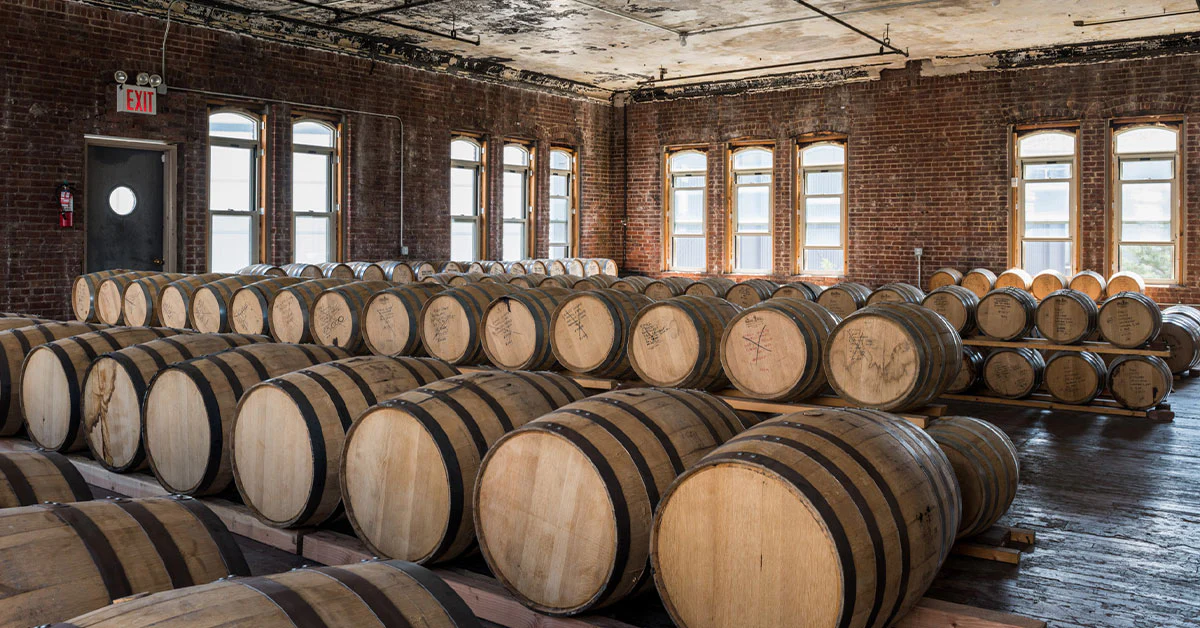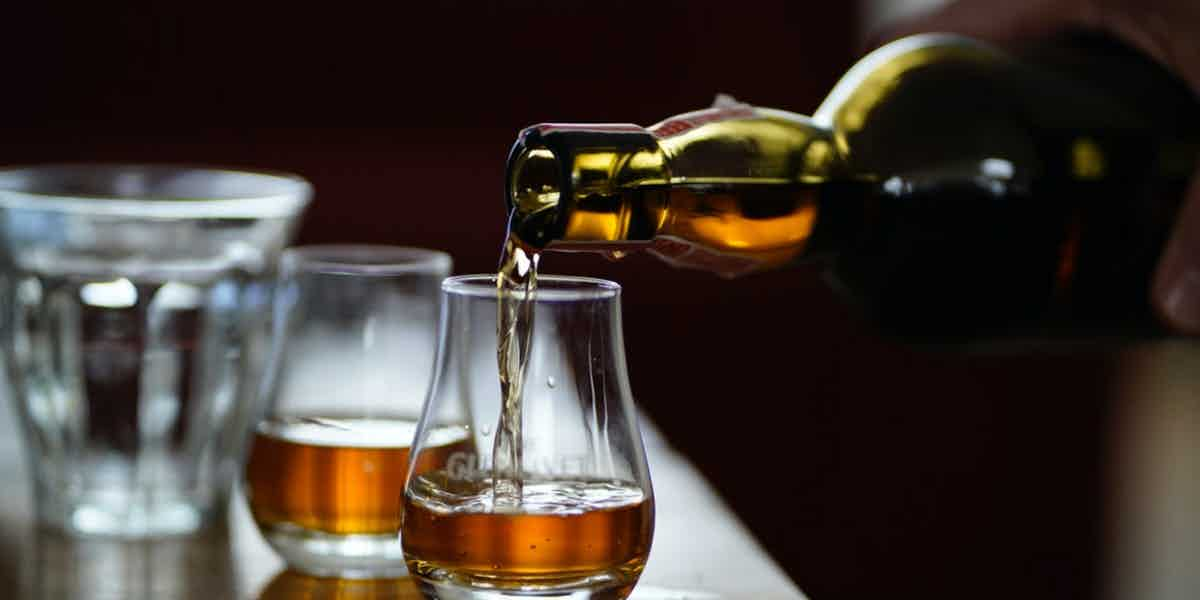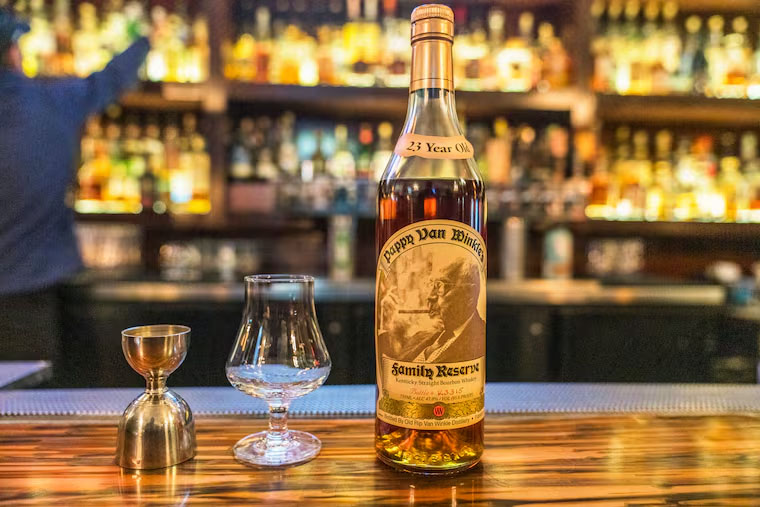For those with a refined palate and a taste for exclusivity, rare liquors occupy a special place in the world of spirits. These sought-after bottles come with their own history, craftsmanship, and characteristics that set them apart from standard releases. But what exactly should you look for when shopping for rare liquors?
From the origins of a spirit to its unique production process, this guide breaks down everything you need to know before making an investment. Whether you’re building a personal collection or simply indulging in a special drink, the right choice involves more than just picking the most expensive bottle.
Check The Age Statement
The age of rare liquors, particularly whiskey, brandy, and rum, is a defining factor in their quality, flavor, and value. Barrel aging gives many liquors their depth, with each year adding layers of complexity to the taste profile. The number on the bottle represents the years the spirit spent maturing in casks.
Look for bottles with a significant aging process, often labeled as “extra-aged” or featuring double-digit age statements. These can hint at smooth, nuanced flavors. However, double-check whether the age pertains to the youngest spirit in the blend or the average age. The details can make a huge difference when determining the quality and exclusivity of the product.
Examine The Packaging and Labeling
A rare liquor’s presentation is typically a telltale sign of its authenticity and premium status. High-end bottles go beyond function, serving as part of the experience. Many rare liquors are encased in exquisite glass designs, metal accents, or hand-numbered labels.
Detailed labeling typically reveals limited production releases or the creative story behind the bottle. For instance, the batch, blend, or barrel number might indicate rarity, especially when paired with certification seals. If the label lacks these specifiers, exercise caution and ensure you’re working with a trusted seller.
The condition of the packaging also matters if you plan to keep the bottle as a collector’s item. Mint or pristine packaging enhances resale value, so handle the box and wrapping with care if that’s your goal.
Understand The Distillery’s Reputation

One of the very first things to consider when looking for a rare liquor is the reputation of its distillery. A well-regarded brand often signals a level of mastery and adherence to quality.
Renowned distilleries have built their names over decades, sometimes centuries, crafting spirits that stand the test of time. Their techniques and dedication to detail reflect in each bottle they produce. For those searching for top-tier rare liquors, a household name in the industry is always a safe bet.
That said, unknown gems can also present opportunities. Smaller distilleries or niche brands occasionally create rare batches that deserve the attention of collectors and enthusiasts alike. Don’t be afraid to research or talk to experts before dismissing a less-famous label.
Seek Authenticity With Certifications
Rare liquor, especially limited edition liquor, frequently comes with certificates of authenticity. This documentation not only proves the condition and origin of the bottle but reassures buyers of its unique production process. Counterfeit bottles are unfortunately common in the market. Always look out for a reputable certification or source your bottle from a well-established provider.
Verifying the origin of the spirit or brand may grant you peace of mind, whether the liquor hails from a vintage release or a modern, small-batch innovation. Some producers go as far as to include holograms, scannable QR codes, or unique codes to assure customers of authenticity.
Consider The Liquor’s Provenance
Another factor that elevates rare liquors is their provenance or origin. The sourcing of the ingredients and where the distillation occurs greatly influence the character and price of the liquor.
For instance, a whiskey distilled in the Scottish Highlands inherently carries notes that reflect the region’s terroir. Similarly, rums from the Caribbean present unique blends of tropical flavors derived from local sugarcane and conditions.
Provenance also goes beyond geography to include vintage releases and the year of creation. Spirits tied to meaningful moments in history or iconic anniversary releases often elevate their value.
Flavor Profiles and Tasting Notes

Before purchasing, check for detailed tasting notes that outline how the spirit tastes, from its initial aroma to its lingering finish. Terms such as smoky, fruity, oaky, and spicy can provide helpful clues about what to expect.
Certain profiles may appeal to experienced tastes, while others may cater to newcomers. If you are buying rare liquor as a gift, consider taking sneak peeks at the tasting notes available online or directly from the seller. These small insights could help cater to the preferences of whoever will be enjoying this exceptional sip.
Evaluate Production Methods
A lot of rare liquors owe their uniqueness to traditional or artisan production methods their creators refuse to sideline. From distilleries that employ wooden fermentation casks to brands that age their spirits in special barrels, these details can provide insight into what sets a bottle apart.
One key production feature many collectors look for is whether the liquor uses single-estate ingredients, which often ensures quality. Another is the “non-chill filtered” label on whiskeys, often favored for its pure expression of flavors.
Revisit Regional Specialties
While international brands often dominate the rare liquor market, explore regional specialties that carry unique local finesse. Japanese whiskeys, for instance, are gaining momentum not only for their scarcity but also for their perfect balance and clean finish.
Similarly, mezcal from Oaxaca offers traditional Mexican techniques and flavors unlike anything else. When reviewing what to look for in rare liquors, remember that region-specific spirits often benefit from generations of meticulous craftsmanship unique to their heritage.
Scarcity and Rarity
True rarity defines these exceptional bottles. Limited-edition releases often have a story to tell—whether they mark the debut of a master distiller or celebrate a legacy’s end. Bottles produced in batches as small as dozens instantly become conversation starters.
Beyond the quantity produced, consider how hard the bottle is to find in your location. For instance, some liquors are only available regionally or as exclusive imports. The more effort it takes to acquire it, the more coveted the bottle becomes, both as a collector item and for personal enjoyment.
Investing in rare liquors is about celebrating culture, taste, and craftsmanship. Turn to reliable suppliers like Served Neat to elevate your experience and fill your collection with the finest bottles. Our decades of experience in this industry ensure that each purchase is as rewarding as the first sip.


Leave a Reply